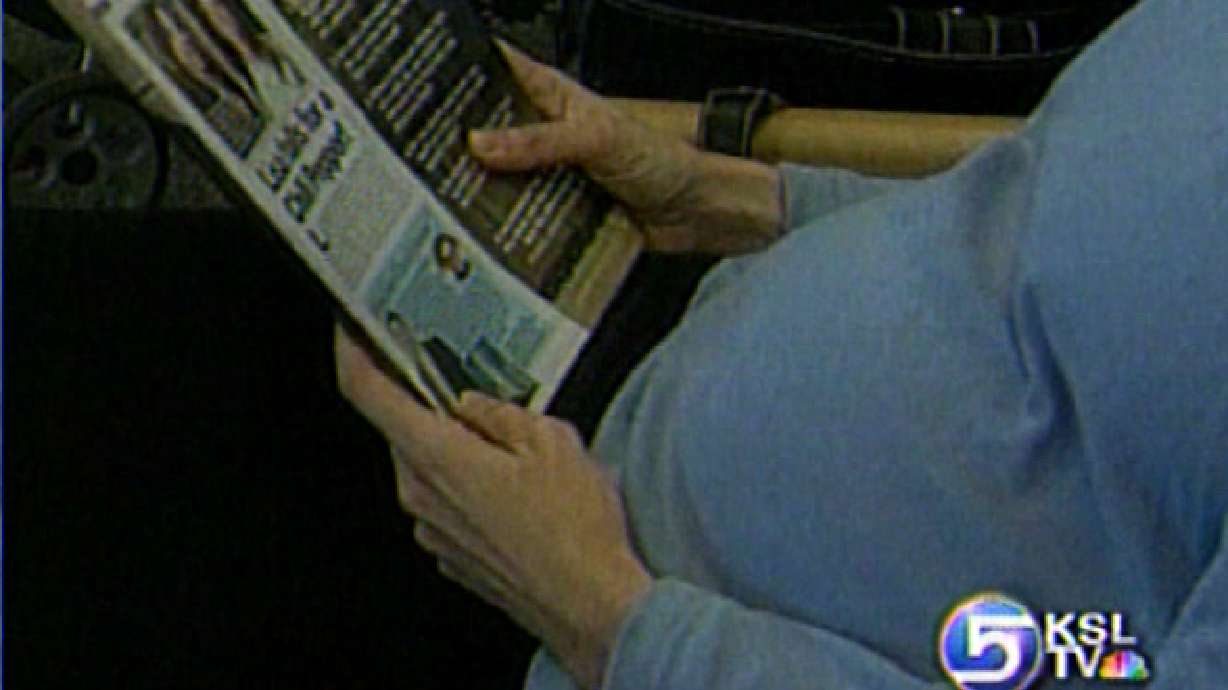Estimated read time: 2-3 minutes
This archived news story is available only for your personal, non-commercial use. Information in the story may be outdated or superseded by additional information. Reading or replaying the story in its archived form does not constitute a republication of the story.
There's the debate in the political spectrum.
"It is critical to relax the current straight jacket on testing new stem cell lives."
"I firmly believe neither congress nor independent researchers nor any human being for that matter should be allowed to in effect play god."
Far beyond that realm, in hospitals and clinics, decisions are made every day by people regarding the future of embryos they'll create in the process of In Vitro fertilization.
Dr. James Heiner: "Most couples didn't really anticipate really being infertile to begin with. Then they got to start thinking about not only how are they going to get pregnant, but what are they going to do with the extra embryos."
Dr. James Heiner of the Reproductive Care Center at St. Mark's Hospital says as part of the process, numerous embryos can be created, only one, maybe up to three are actually used. The rest are either frozen for future attempts, destroyed, donated, or used possibly for research.
Dr. James Heiner: "It does often take people by surprise that they have to consider what they have to do with their embryos that they don't use at the time of their fresh transfer."
In many fertility clinics, patients undergo mandatory counseling, spelling out all the possibilities that come from creating extra embryos.
Dr. James Heiner: " I try and let them understand that most embryos in a natural fertile couple are destroyed. There are embryos that are formed and subsequently destroyed naturally."
But in a natural pregnancy, a person doesn't have the choice of sending those embryos to researchers. At St. Marks, Heiner says very few couples make that choice.
Dr. James Heiner: "The ones that want to donate to research, is probably less then ten percent."
Heiner says he's never seen a couple change their minds about in vitro, just because of the possible dilemma. He underscores the embryos can only grow to a certain level outside of the womb, not developing to the point, for example, of having a heartbeat.








